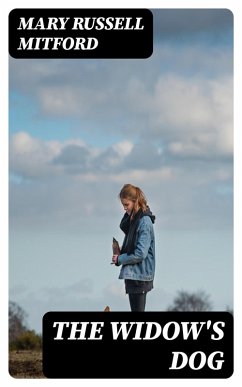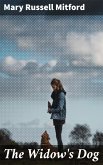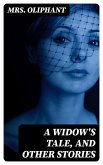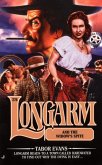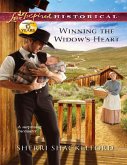In "The Widow's Dog," Mary Russell Mitford merges sharp social commentary with exquisite prose, harnessing her passion for human-animal relationships to explore themes of grief, companionship, and societal expectation. Set against the backdrop of 19th-century England, Mitford's narrative intricately weaves life's sorrows with its joys, employing a realist style that reflects her keen observation of rural life. The novella reveals the emotional landscape of its titular widow and her canine companion, posing questions about loss and the healing power of love, while capturing the essence of domesticity that defines much of her body of work. Mary Russell Mitford, a celebrated writer and playwright of the early Victorian period, drew inspiration from her own experiences of hardship and resilience. Raised in a modest environment, she formed a deep affinity for rural settings and the intricacies of daily life, infusing her narratives with both authenticity and empathy. Her extensive correspondence and literary engagements reveal an astute awareness of social mores, making "The Widow's Dog" not only a personal reflection but also a commentary on women's roles during her time. This book is highly recommended for readers interested in emotional depth and social nuance. Mitford's lyrical prose will resonate with anyone seeking to understand the complexities of love and companionship, making it a pertinent read for contemporary audiences captivated by the interplay of humanity and animal bonds.
Dieser Download kann aus rechtlichen Gründen nur mit Rechnungsadresse in A, B, BG, CY, CZ, D, DK, EW, E, FIN, F, GR, H, IRL, I, LT, L, LR, M, NL, PL, P, R, S, SLO, SK ausgeliefert werden.

